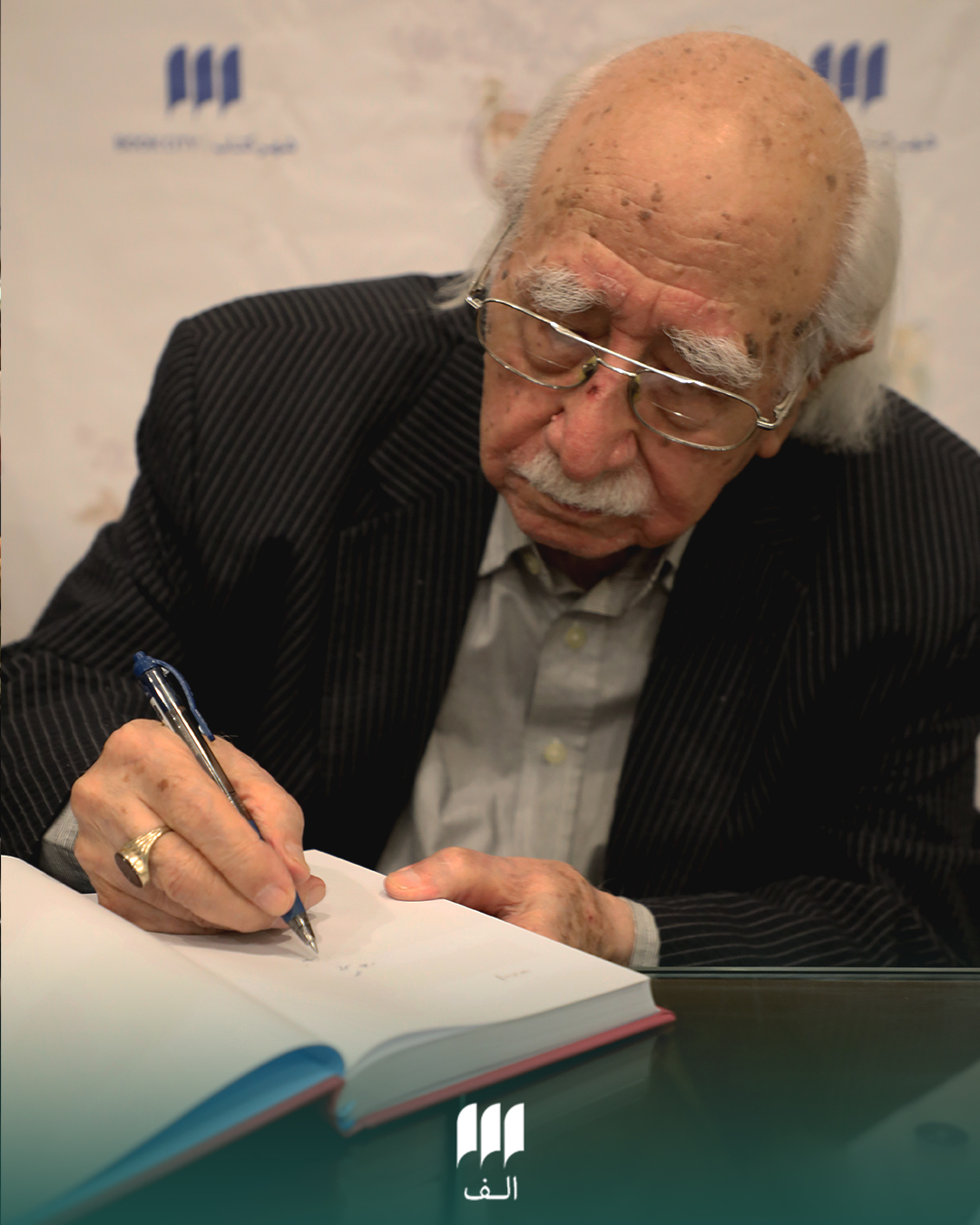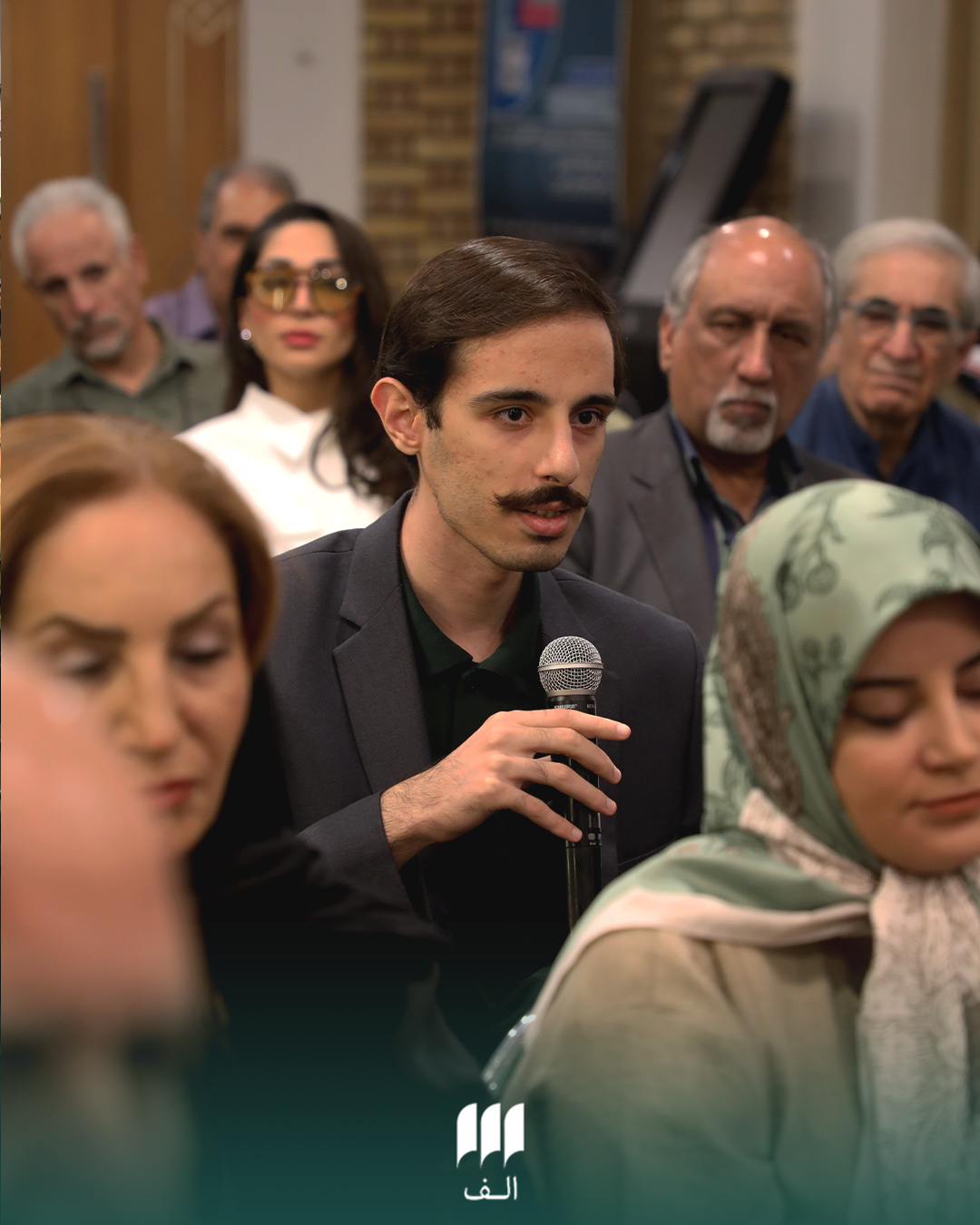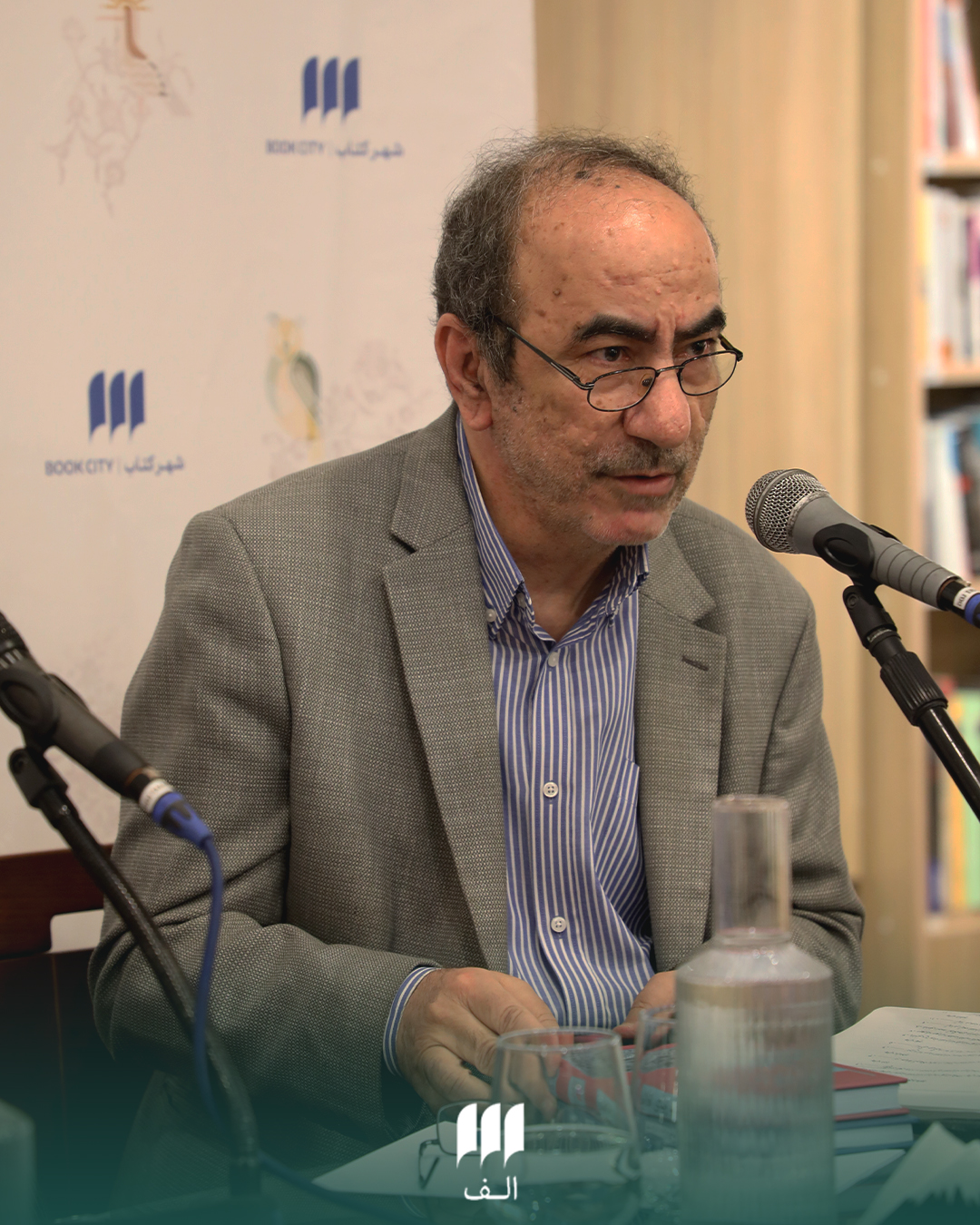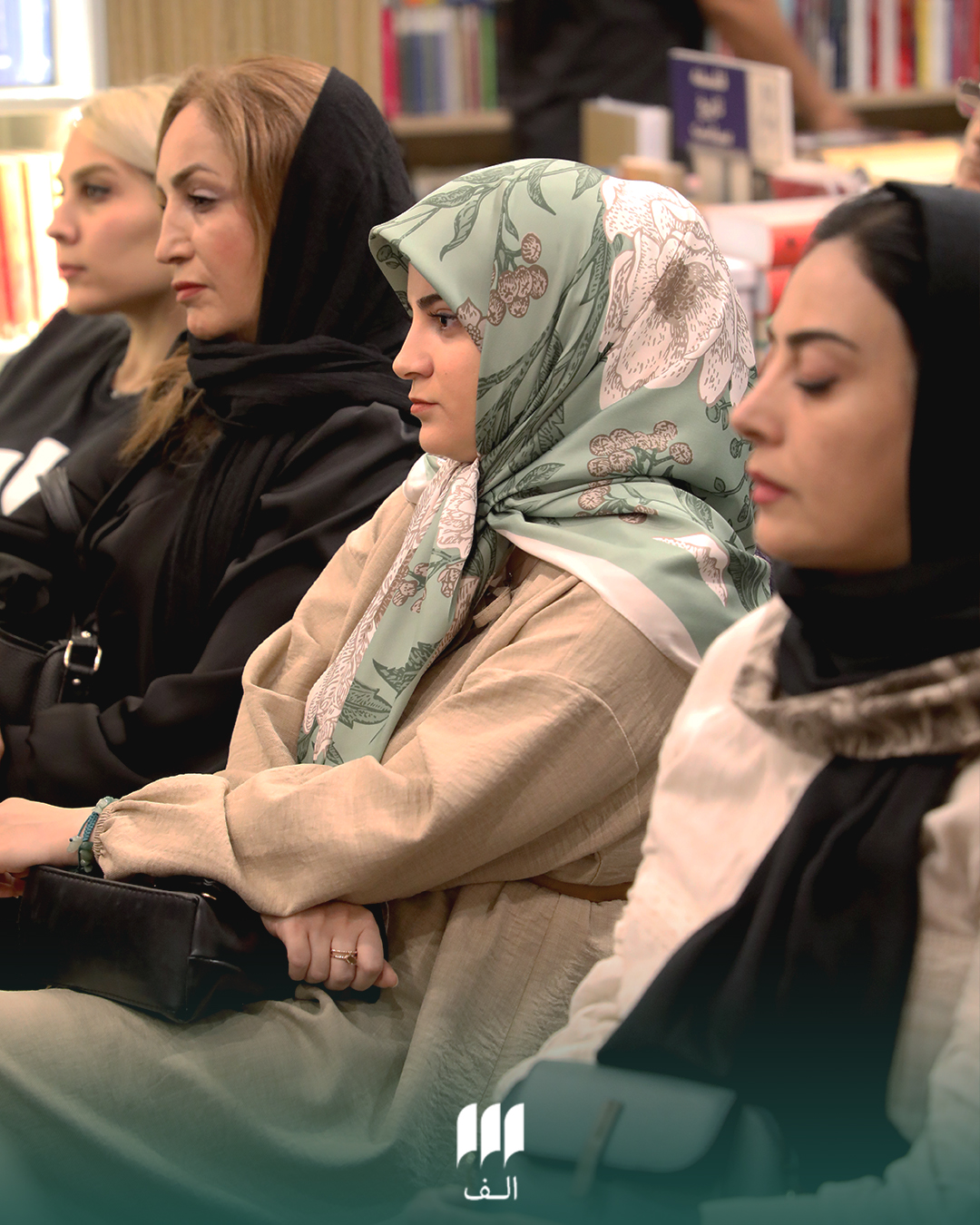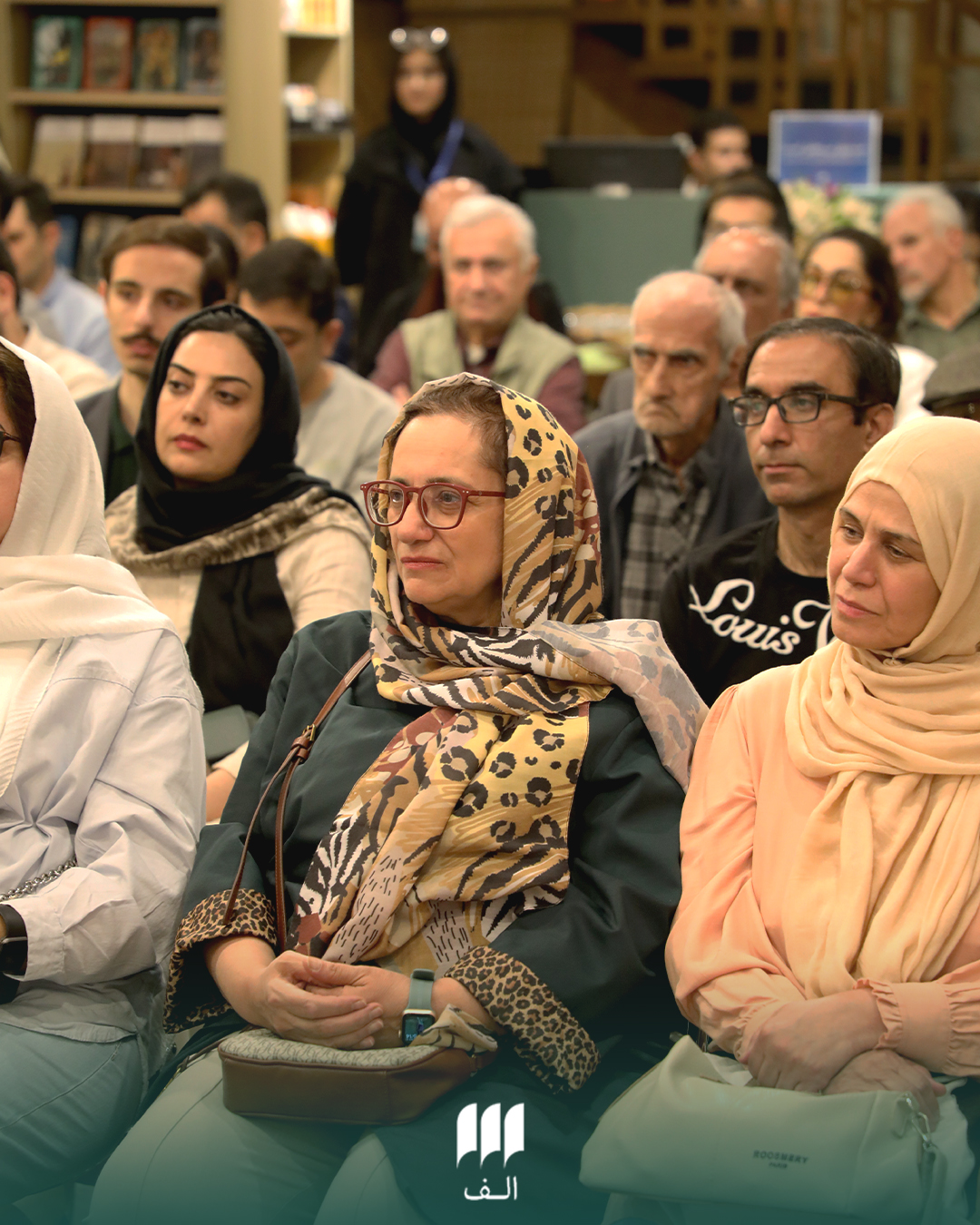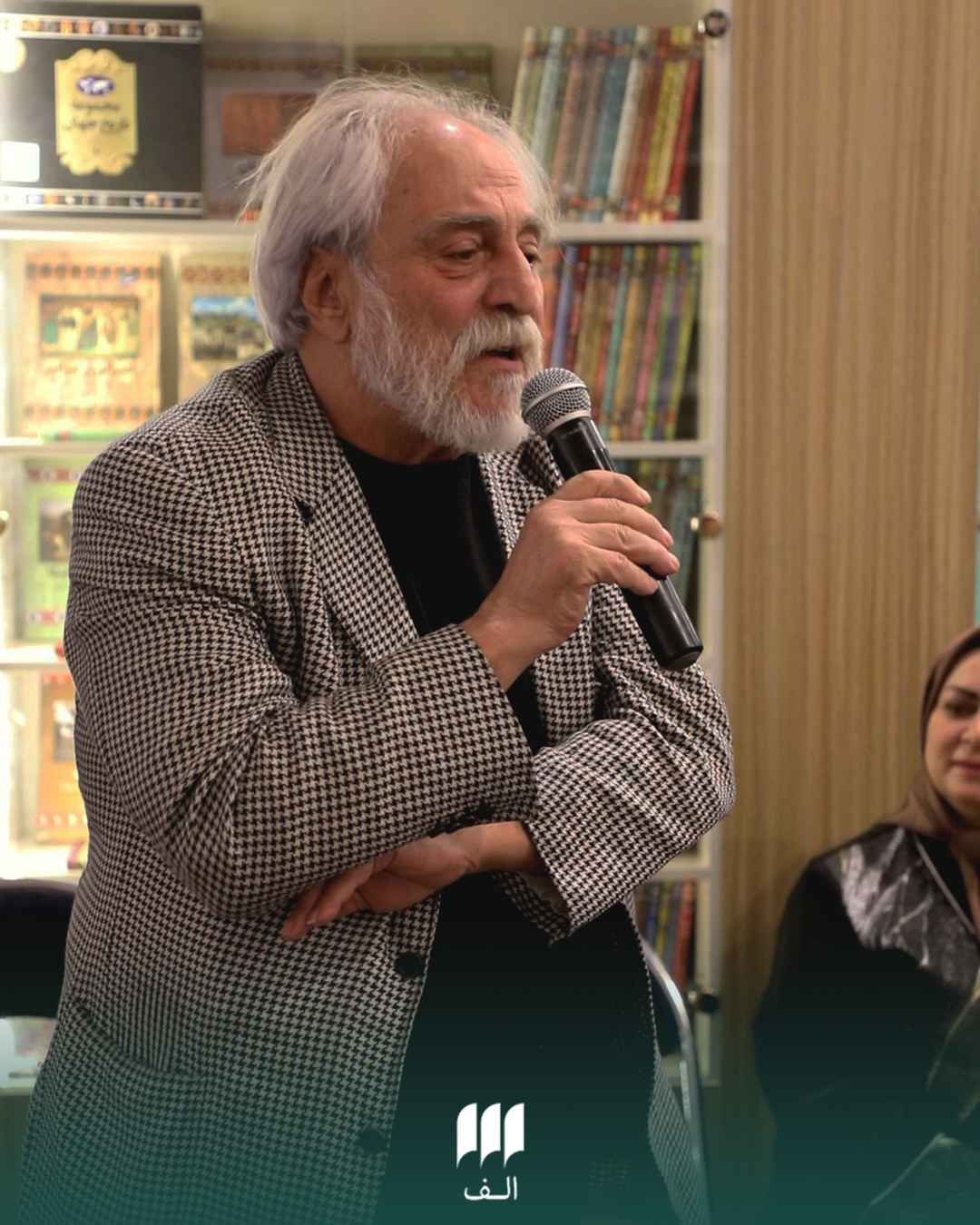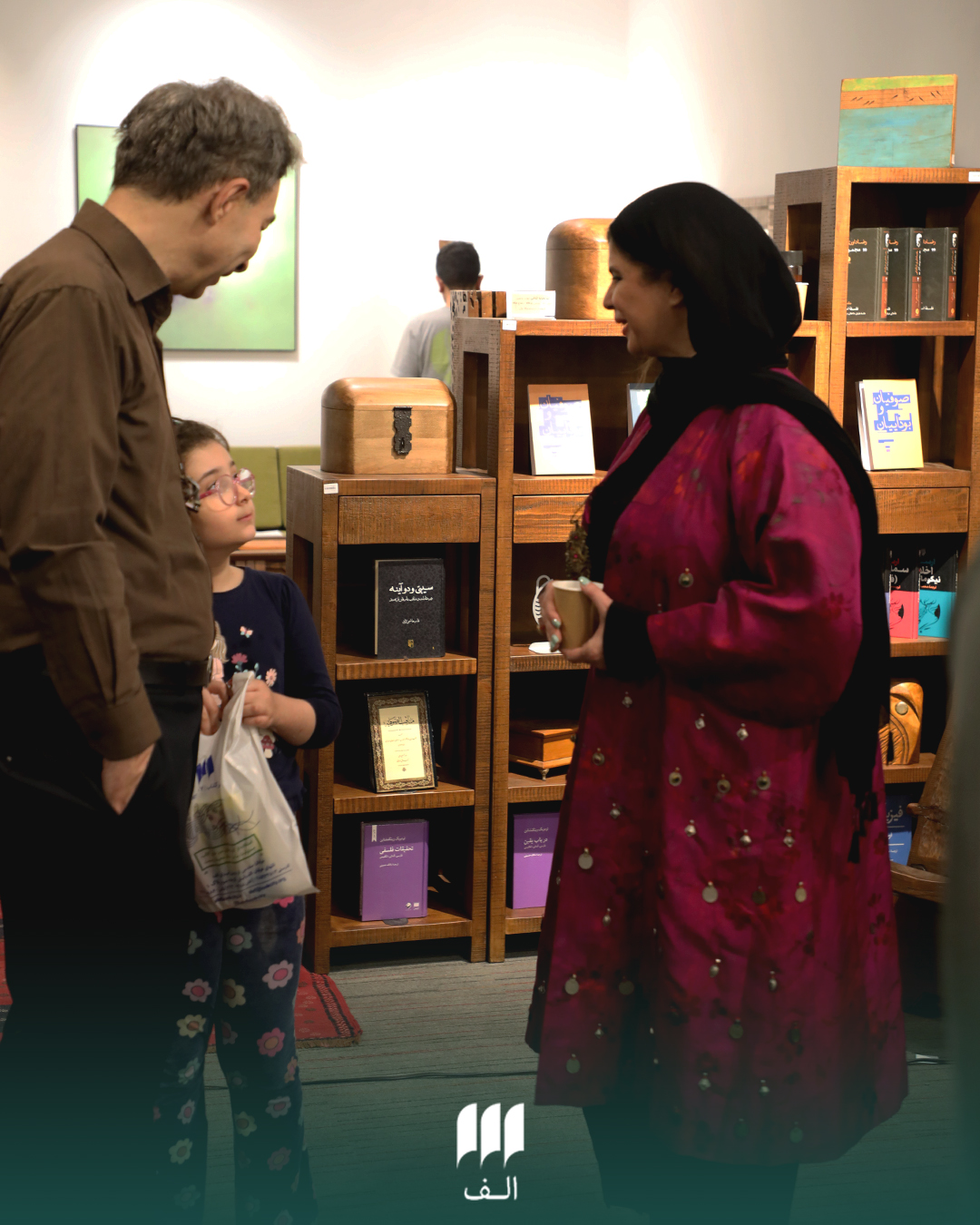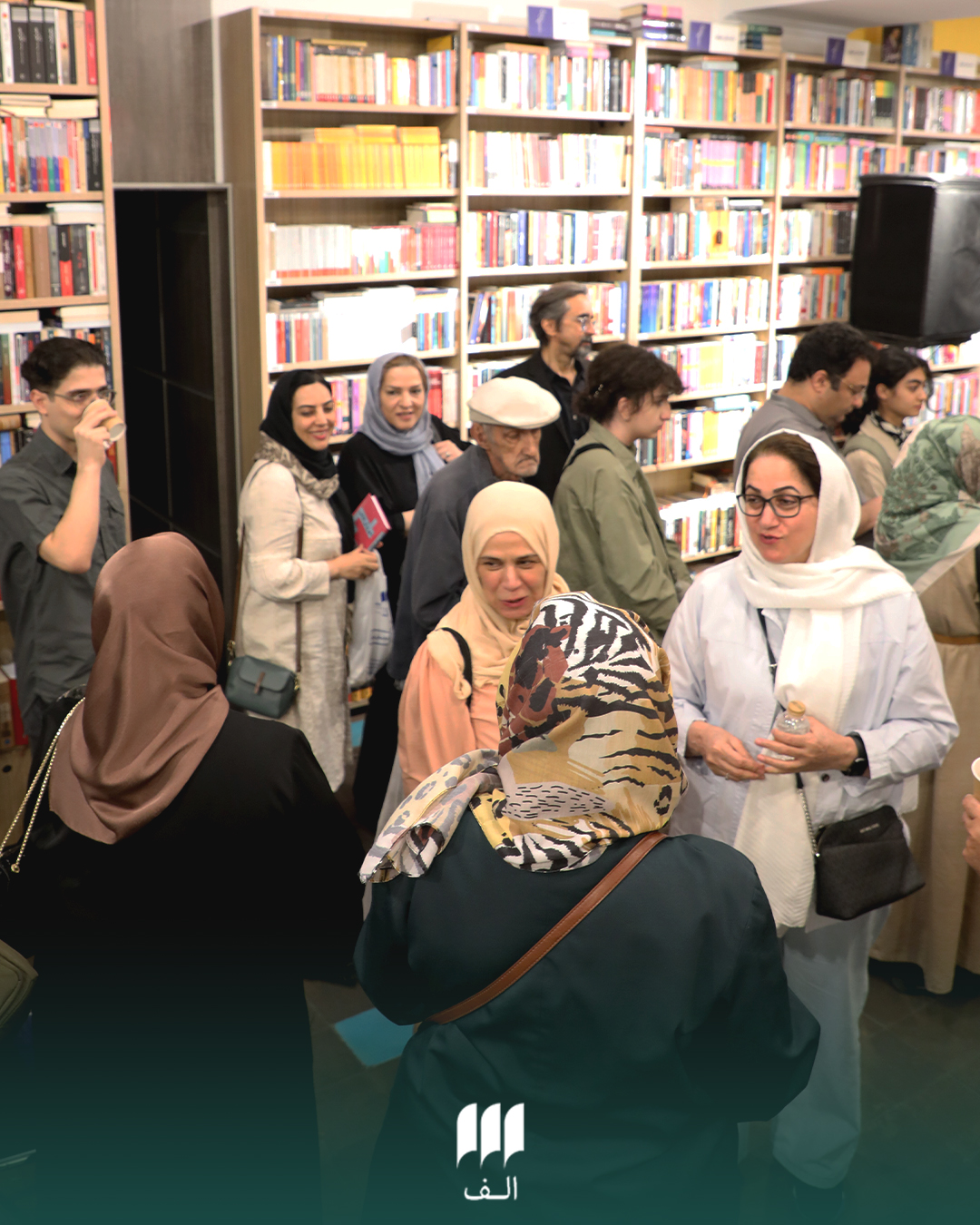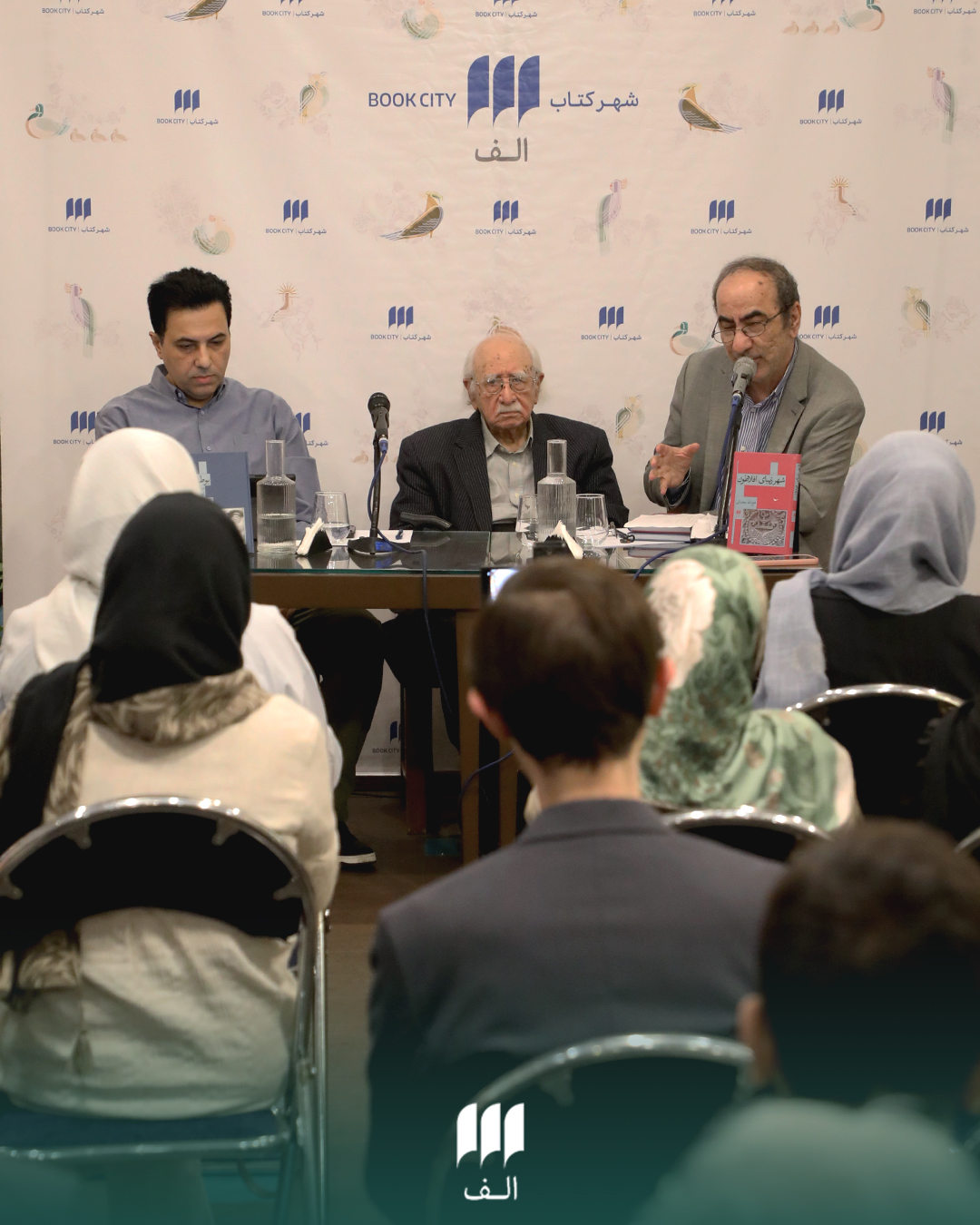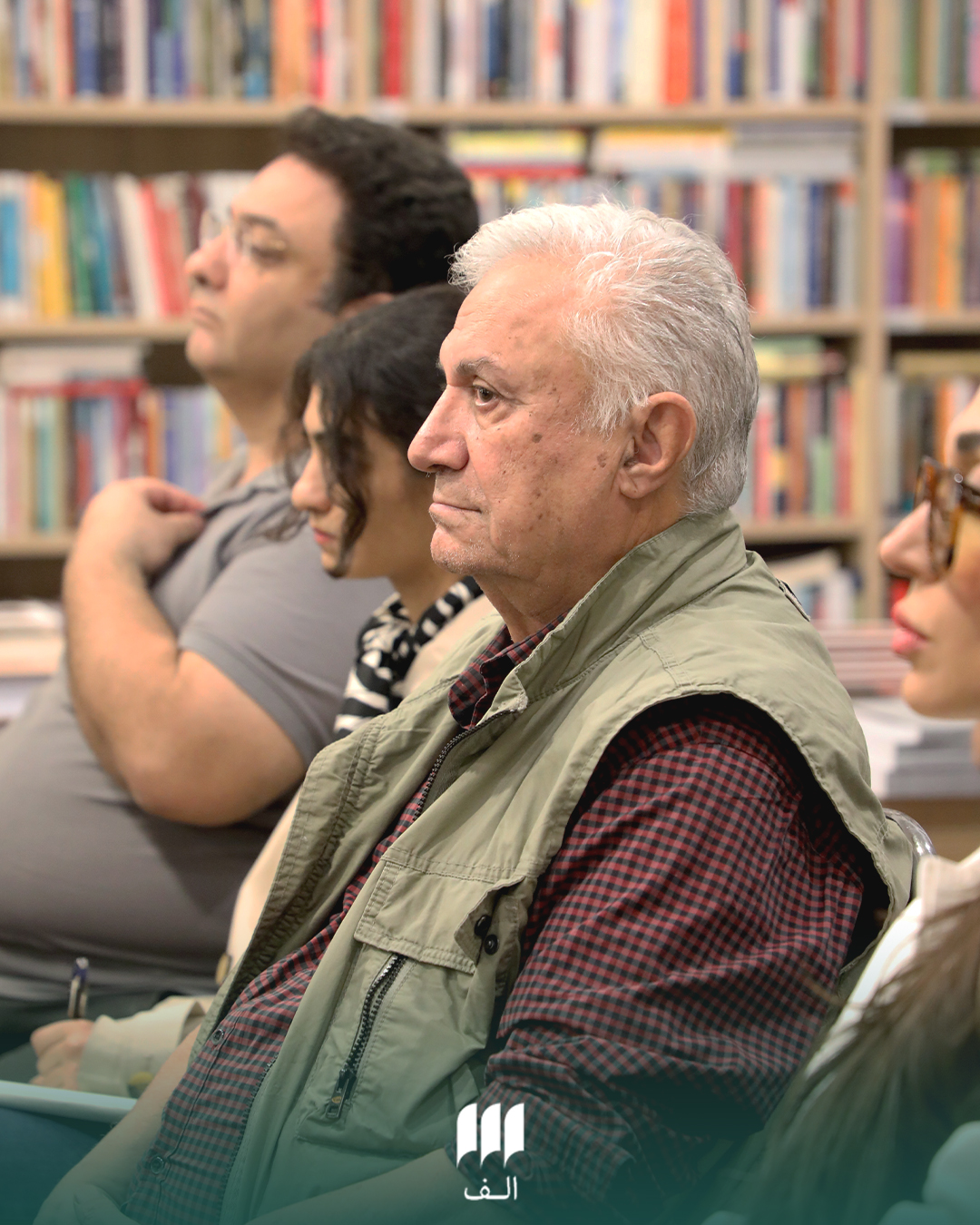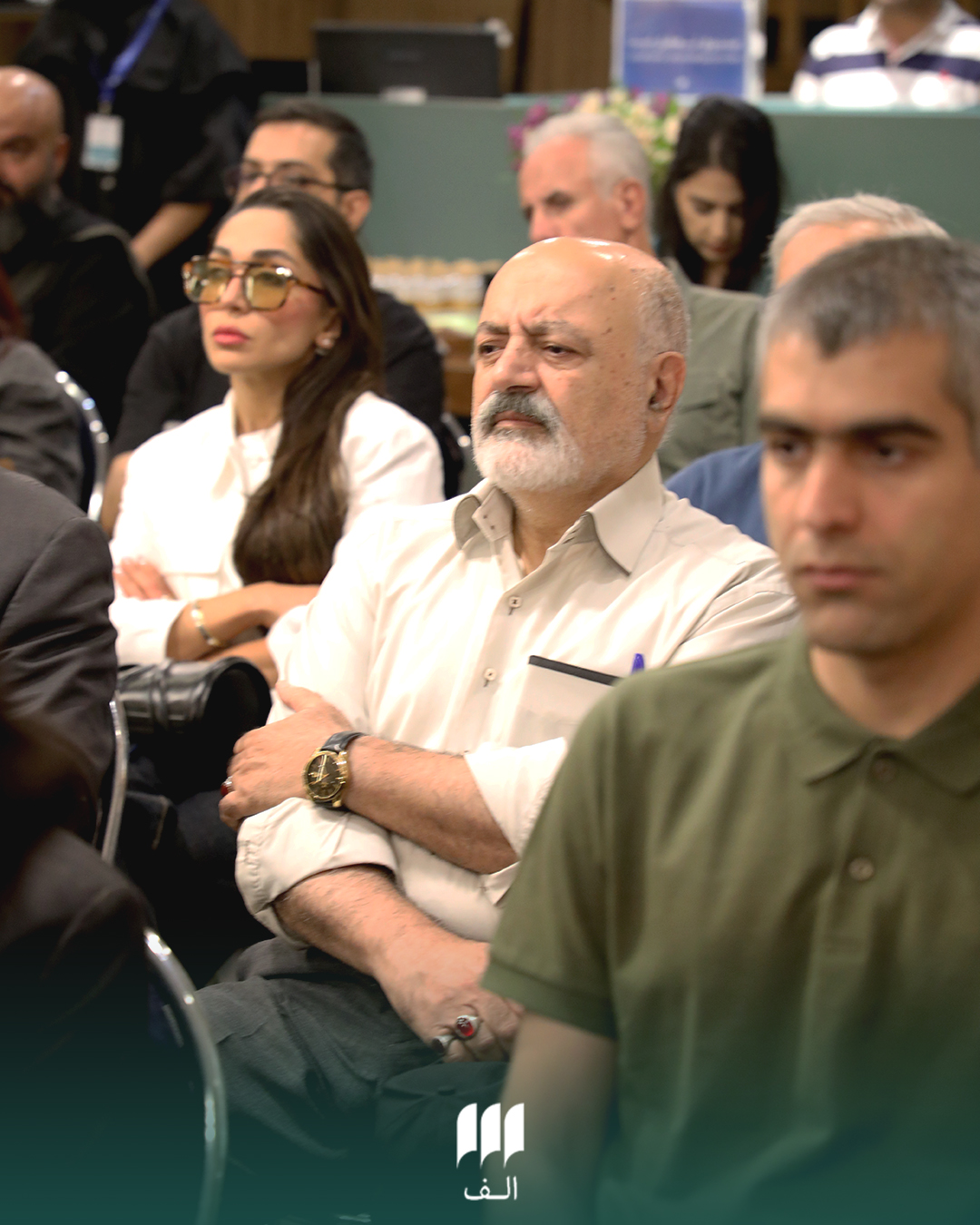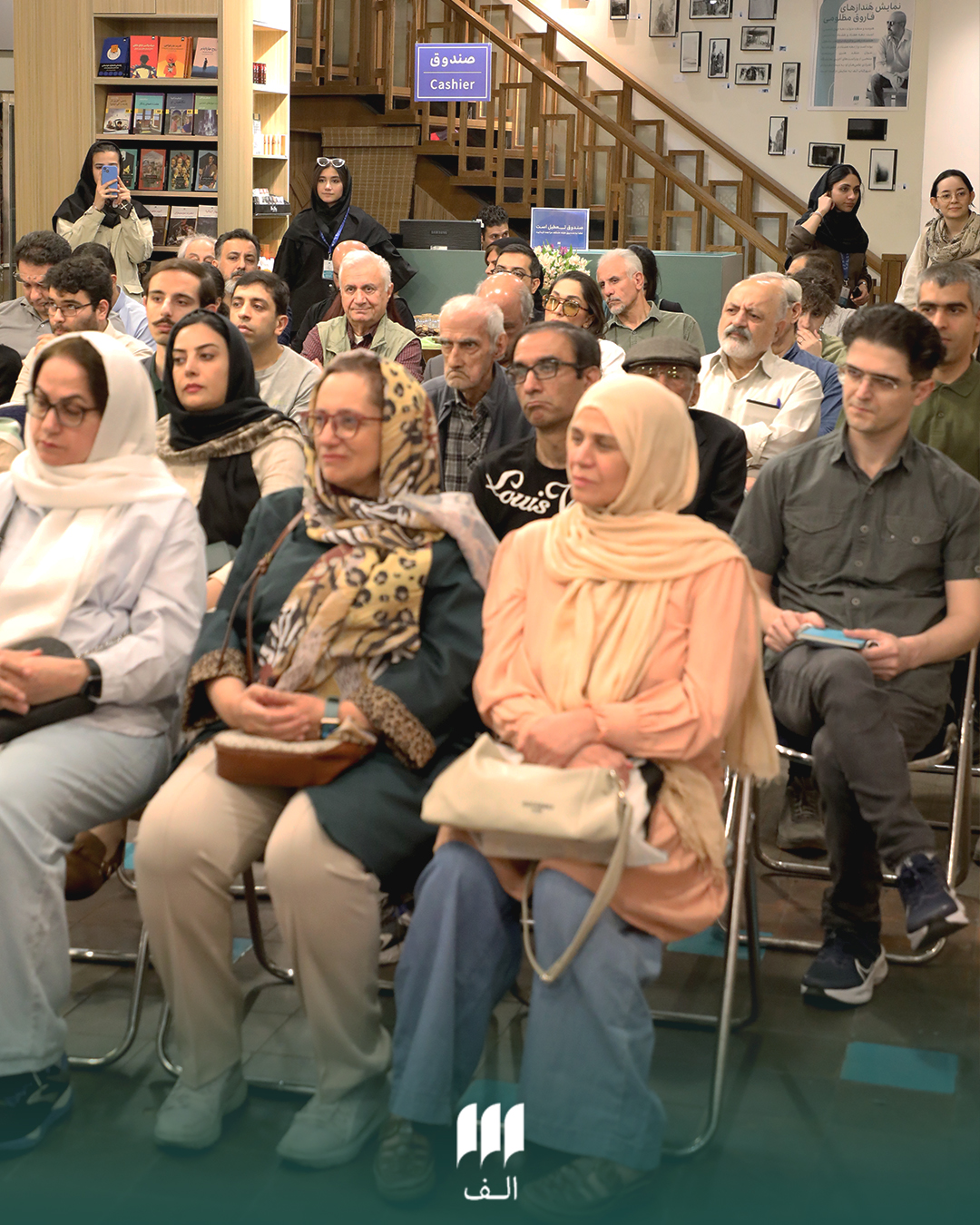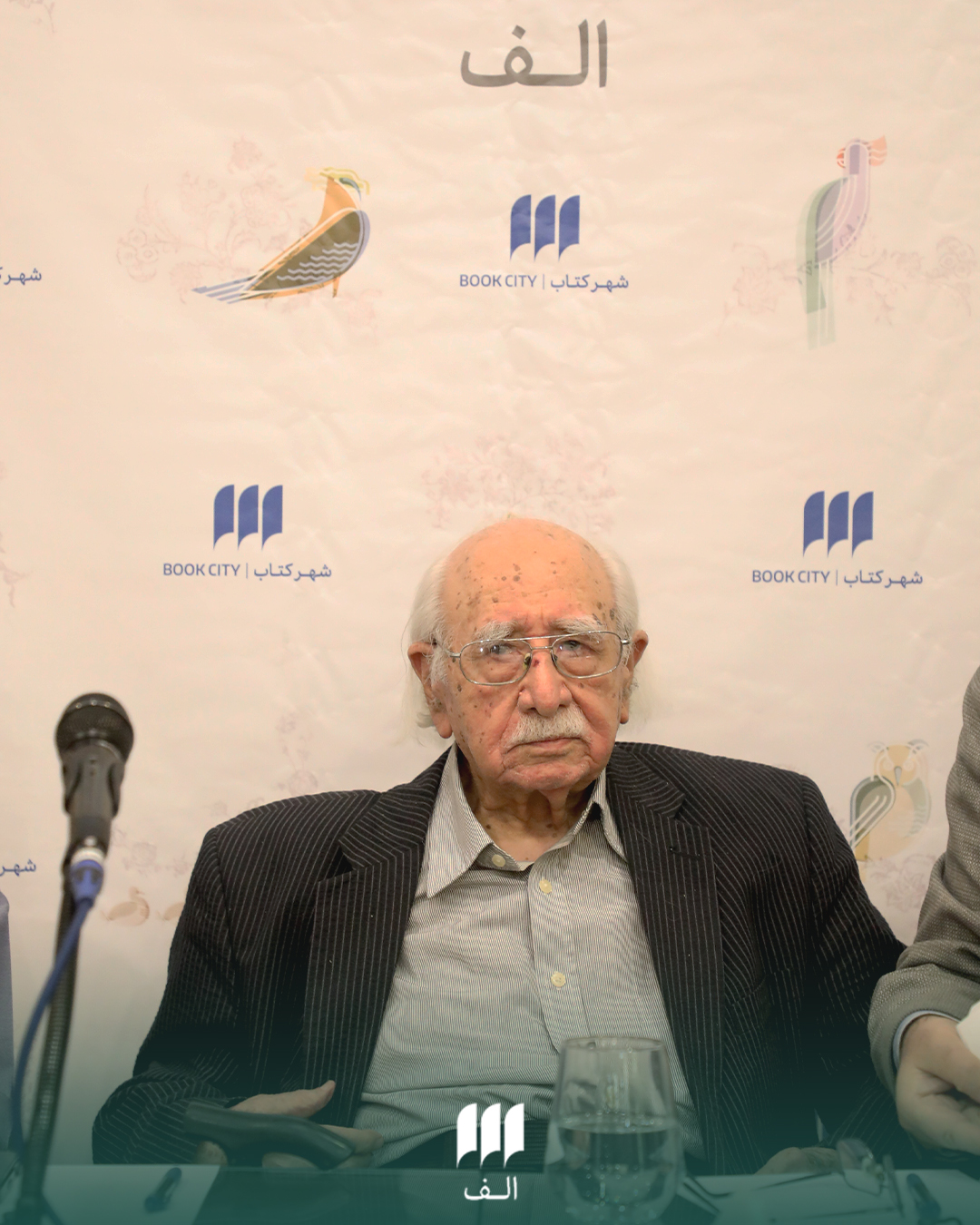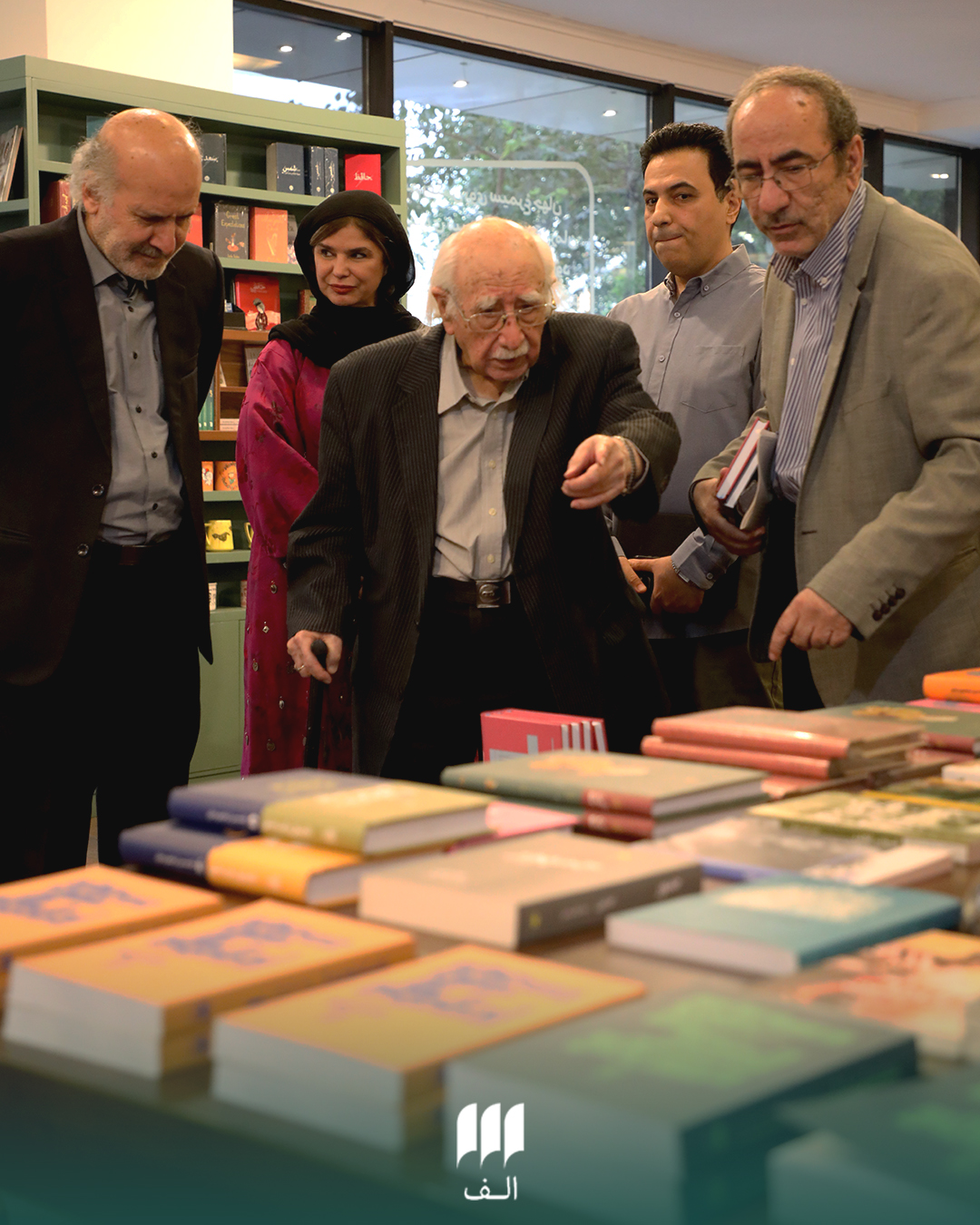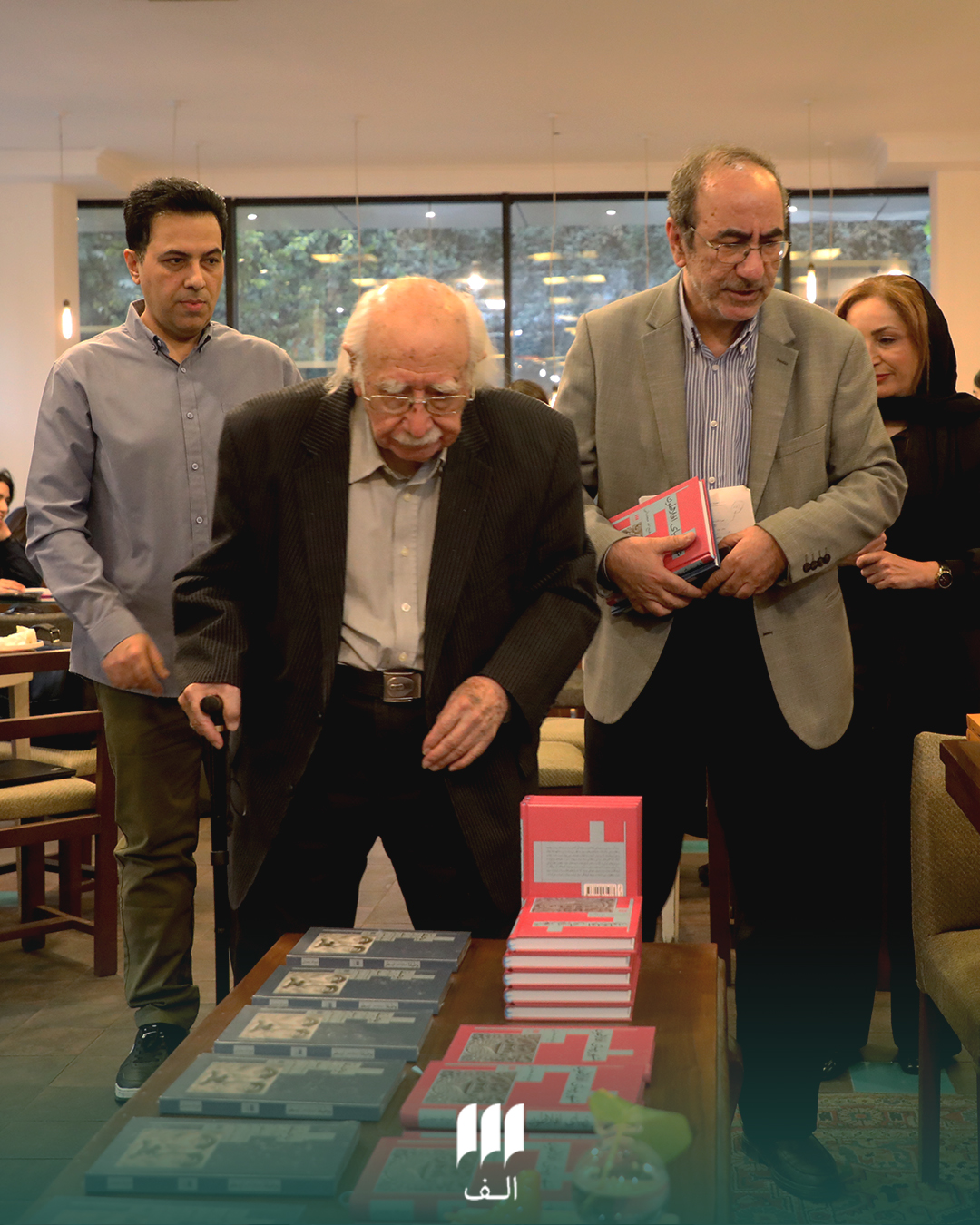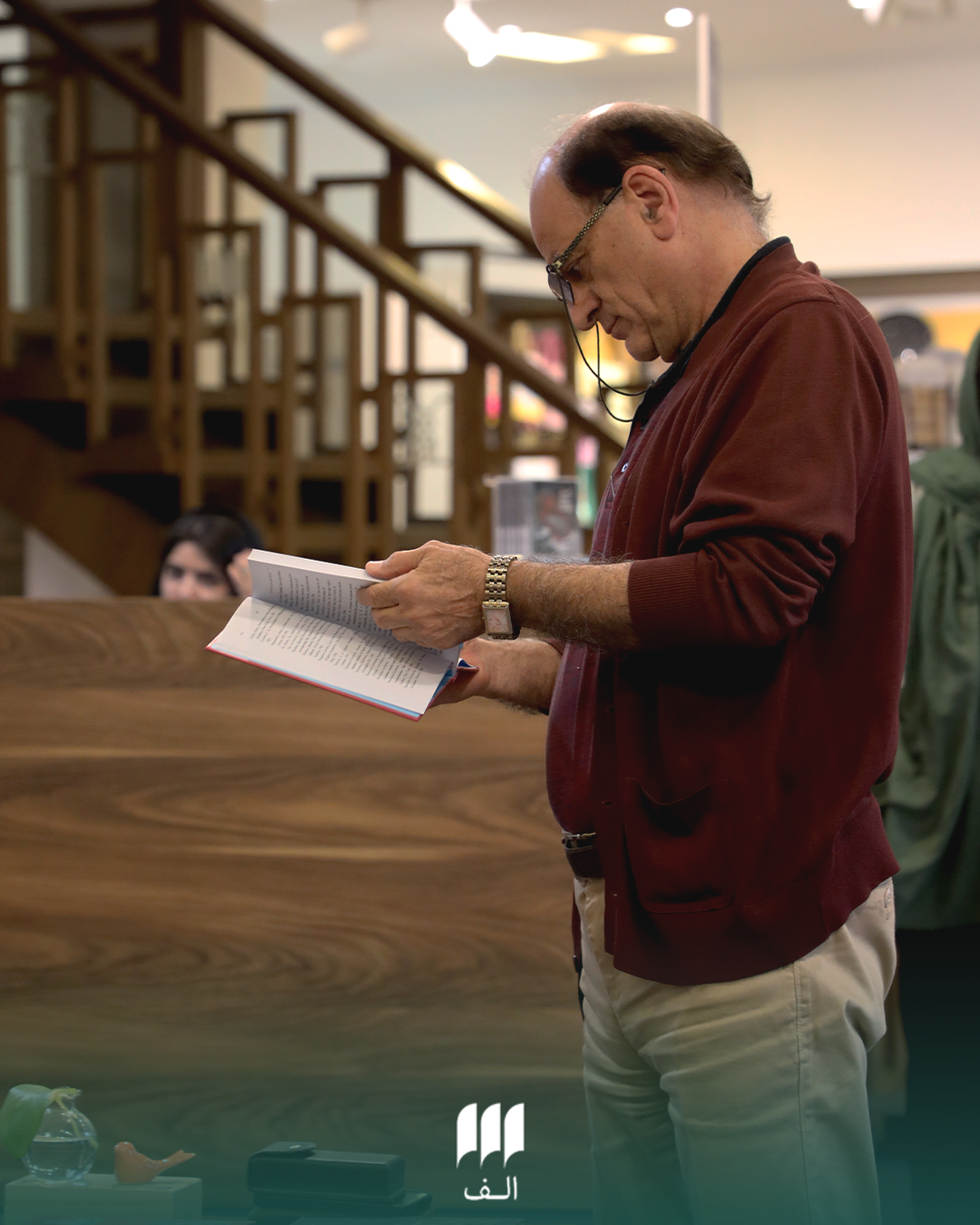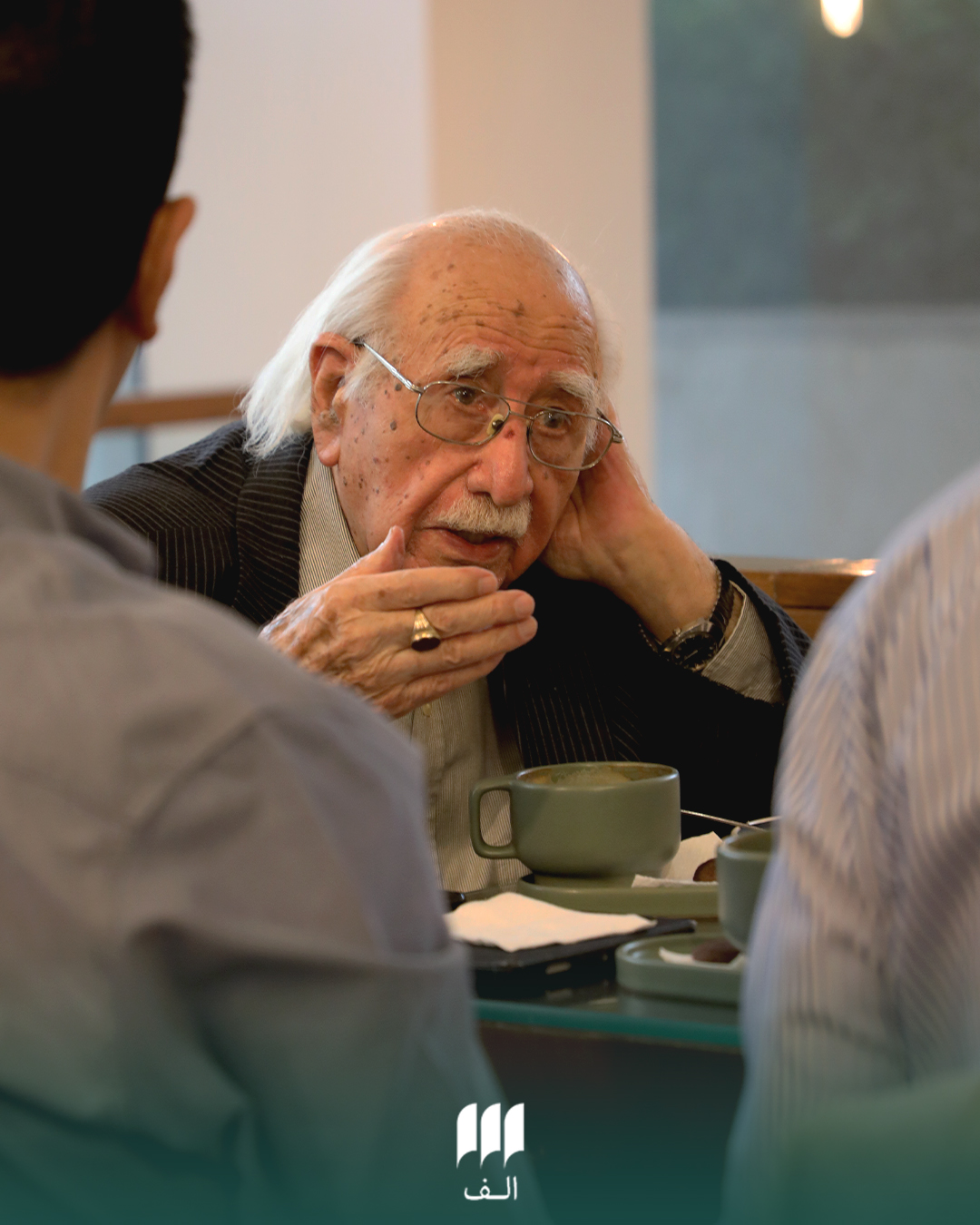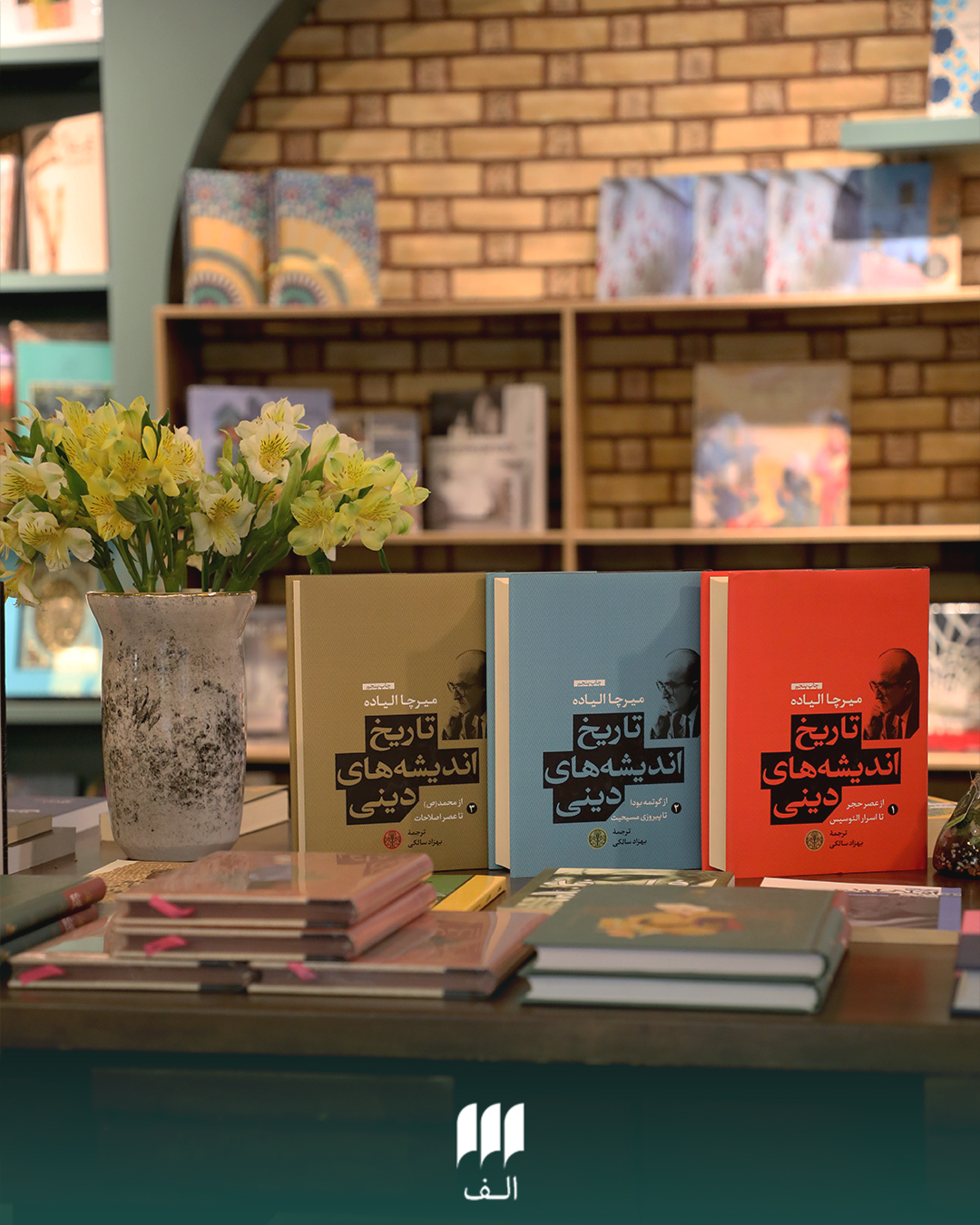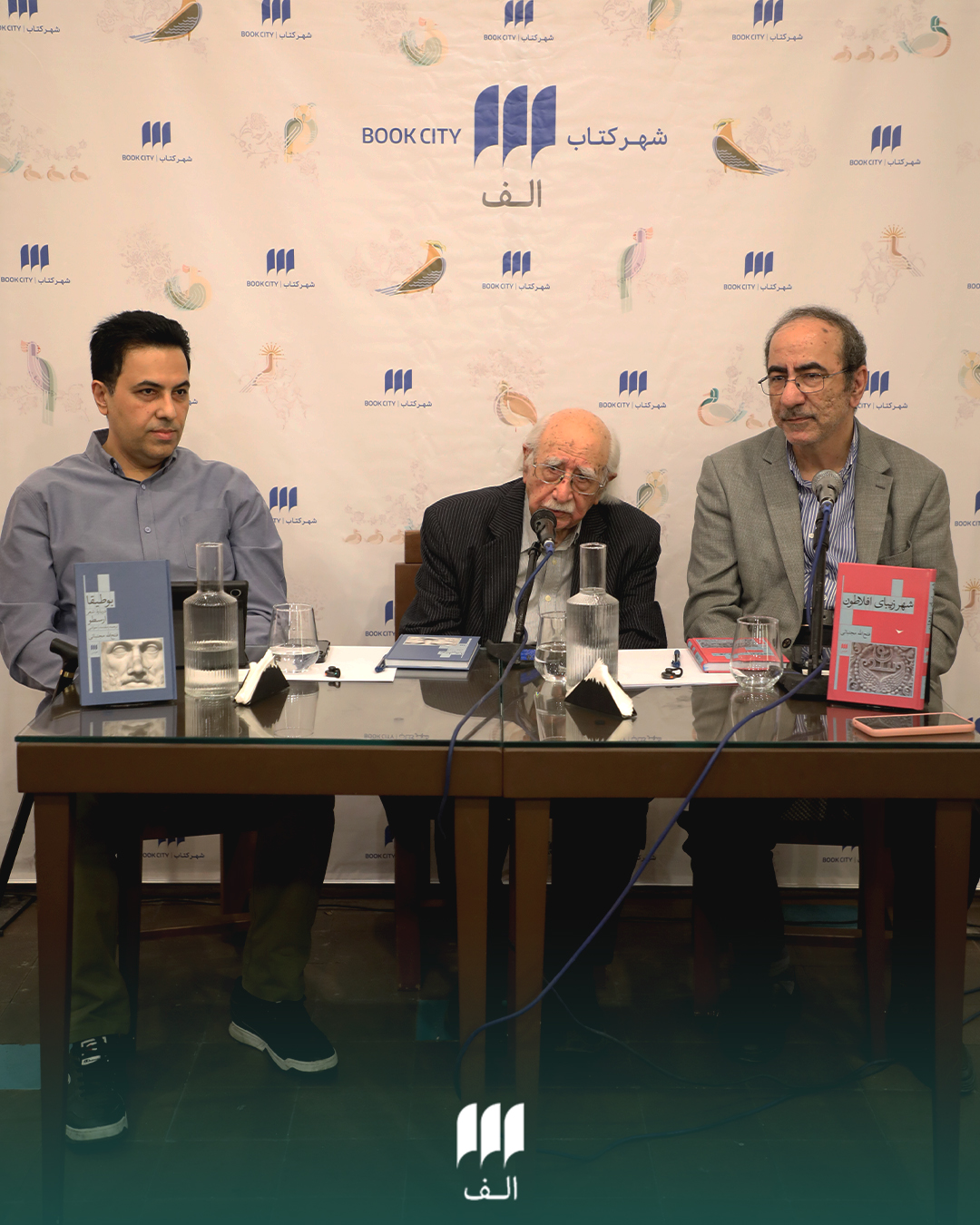
Exploring Ancient Wisdom at Alef BookCity:
The event “On Philosophy: A Dialogue Between Plato and Aristotle” drew a wide audience of thinkers, writers, and loyal followers of Alef BookCity, offering a rare opportunity to reflect on the enduring dialogue between classical Greek philosophy and Islamic thought. The evening featured Dr. Fathollah Mojtabai, renowned scholar and translator, and Dr. Mohammadreza Adli, in conversation with Ali-Asghar Mohammadkhani, Cultural Director of the BookCity Institute. The program celebrated the republication of Aristotle’s “Poetics” and Plato’s “The Beautiful City”, both newly translated and studied by Dr. Mojtabai — works that have long shaped global discourse on art, ethics, and reason.
Opening the discussion, Ali-Asghar Mohammadkhani welcomed the guests and emphasized the significance of bringing such foundational texts back into circulation. He described Aristotle’s Poetics as “a measured beginning to literary criticism, where art transcends imitation and moral prescription,” and invited the audience to consider how the Greek legacy continues to inform our own search for meaning and beauty.
Dr. Fathollah Mojtabai, reflecting on his decades-long engagement with Greek philosophy, spoke about the intellectual and linguistic challenges of translating the myths and metaphors of ancient Greece. He shared anecdotes from his youth, when his fascination with Western literature first led him toward these texts, and remarked: “We Iranians have a luminous cultural history—few nations possess a legacy as extraordinary as ours.” His remarks framed translation not merely as a technical act, but as an act of bridging civilizations and keeping the dialogue between past and present alive.
Dr. Mohammadreza Adli continued the exchange by tracing the philosophical tensions between Plato and Aristotle, particularly in their differing views on poetry and art. He explored how Greek philosophical concepts later shaped Islamic philosophy and mysticism, noting that Aristotle’s synthesis of life and literature “opened a new horizon for understanding art as a form of knowledge.”
The event concluded with an engaging Q&A session, followed by an informal book signing, where Dr. Mojtabai spoke warmly with readers and dedicated copies of his works. The evening embodied the spirit of Alef BookCity—a space committed not only to books, but to the living exchange of ideas, philosophies, and cultural memories.
For BookCity, such gatherings are more than literary events; they are acts of connection—where readers, translators, and thinkers come together to keep conversation alive across time, language, and belief. As Alef BookCity continues to host these encounters, it strengthens its mission as a cultural crossroads of dialogue and discovery.


